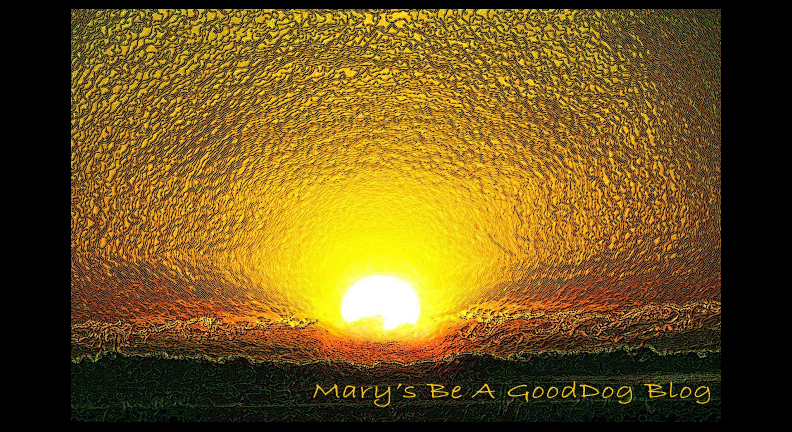Earthlings like me say, "Farewell" to Ray Bradbury. I was expanded when i read his books of short stories early on, and Fahrenheit 451* was one of the trio** of dystopian novels which altered my generation (a mind once expanded can never return to its original dimensions...)
The martian chronicles taught my young elastic mind to find, look for, create-- the twist, the unexpected.
although everyone says he wrote science fiction, he really just wrote. he was a writer who loved words and sentences and parallels.
he said, he wrote fairy tales.
 * re Fahrenheit 451-- "...At Montag's house, Mildred has friends over to watch the parlor walls. Montag unplugs the walls and tries to engage the women into meaningful conversation, only to find them concerned only with pleasure in the present moment, indifferent to the upcoming war, death, their families, and politics.
* re Fahrenheit 451-- "...At Montag's house, Mildred has friends over to watch the parlor walls. Montag unplugs the walls and tries to engage the women into meaningful conversation, only to find them concerned only with pleasure in the present moment, indifferent to the upcoming war, death, their families, and politics.
Montag then brings out a book of poetry and reads the poem Dover Beach, which ends up making one of Mildred's friends cry, while the rest of them leave in disgust over how "filthy" the poem is. Montag burns the book while Mildred locks herself in the bathroom and takes her sleeping pills..." from wiki
** Brave New World [from wiki: Brave New World is a novel written in 1931 by Aldous Huxley and published in 1932. Set in London of AD 2540 (632 A.F. in the book), the novel anticipates developments in reproductive technology and sleep-learning that combine to change society]
and
Orwell's Nineteen Eighty Four
[again, wiki say, "...The protagonist, Winston Smith, is a member of the Outer Party who works for the Ministry of Truth (Minitrue), which is responsible for propaganda and historical revisionism. His job is to re-write past newspaper articles so that the historical record is congruent with the current party ideology.[3] Because of the childhood trauma of the destruction of his family – the disappearances of his parents and sister – Winston Smith secretly hates the Party, and dreams of rebellion against Big Brother.
As literary political fiction and as dystopian science-fiction, Nineteen Eighty-Four is a classic novel in content, plot, and style. Many of its terms and concepts, such as Big Brother, doublethink, thoughtcrime, Newspeak, and memory hole, have become contemporary vernacular since its publication in 1949. Moreover, Nineteen Eighty-Four popularised the adjective Orwellian, which refers to official deception, secret surveillance, and manipulation of the past in service to a totalitarian or manipulative political agenda..."
( throw in a little Animal farm as well)
The martian chronicles taught my young elastic mind to find, look for, create-- the twist, the unexpected.
although everyone says he wrote science fiction, he really just wrote. he was a writer who loved words and sentences and parallels.
he said, he wrote fairy tales.
 * re Fahrenheit 451-- "...At Montag's house, Mildred has friends over to watch the parlor walls. Montag unplugs the walls and tries to engage the women into meaningful conversation, only to find them concerned only with pleasure in the present moment, indifferent to the upcoming war, death, their families, and politics.
* re Fahrenheit 451-- "...At Montag's house, Mildred has friends over to watch the parlor walls. Montag unplugs the walls and tries to engage the women into meaningful conversation, only to find them concerned only with pleasure in the present moment, indifferent to the upcoming war, death, their families, and politics. Montag then brings out a book of poetry and reads the poem Dover Beach, which ends up making one of Mildred's friends cry, while the rest of them leave in disgust over how "filthy" the poem is. Montag burns the book while Mildred locks herself in the bathroom and takes her sleeping pills..." from wiki
** Brave New World [from wiki: Brave New World is a novel written in 1931 by Aldous Huxley and published in 1932. Set in London of AD 2540 (632 A.F. in the book), the novel anticipates developments in reproductive technology and sleep-learning that combine to change society]
and
Orwell's Nineteen Eighty Four
[again, wiki say, "...The protagonist, Winston Smith, is a member of the Outer Party who works for the Ministry of Truth (Minitrue), which is responsible for propaganda and historical revisionism. His job is to re-write past newspaper articles so that the historical record is congruent with the current party ideology.[3] Because of the childhood trauma of the destruction of his family – the disappearances of his parents and sister – Winston Smith secretly hates the Party, and dreams of rebellion against Big Brother.
As literary political fiction and as dystopian science-fiction, Nineteen Eighty-Four is a classic novel in content, plot, and style. Many of its terms and concepts, such as Big Brother, doublethink, thoughtcrime, Newspeak, and memory hole, have become contemporary vernacular since its publication in 1949. Moreover, Nineteen Eighty-Four popularised the adjective Orwellian, which refers to official deception, secret surveillance, and manipulation of the past in service to a totalitarian or manipulative political agenda..."
( throw in a little Animal farm as well)






No comments:
Post a Comment